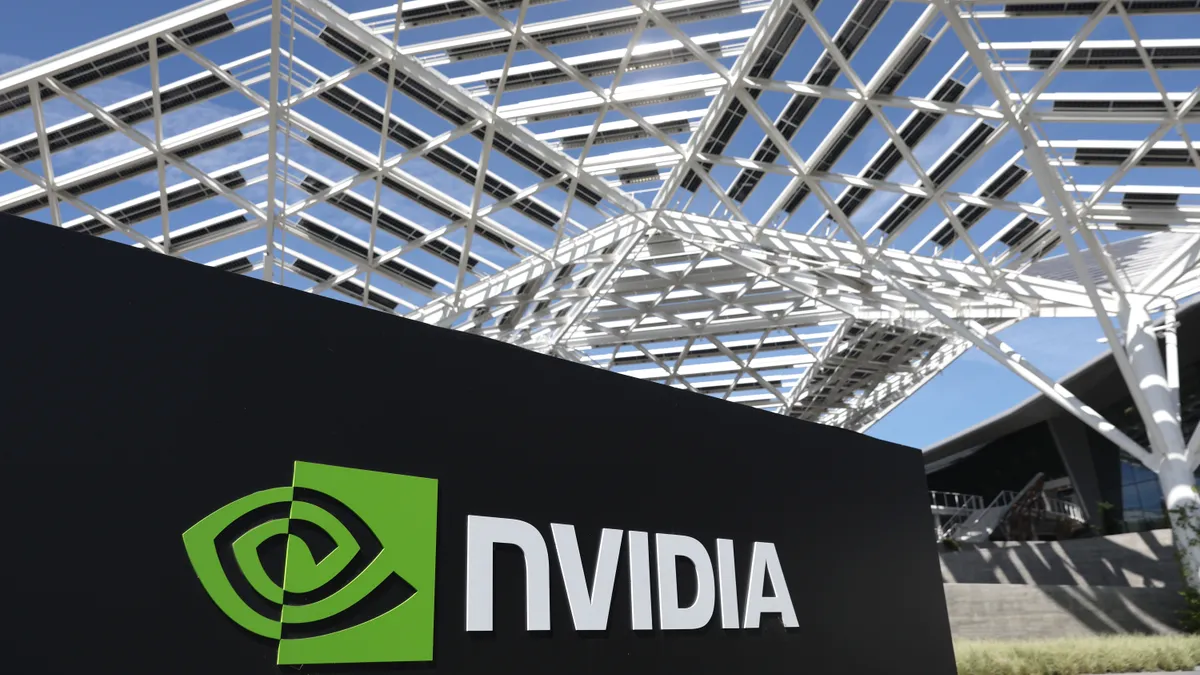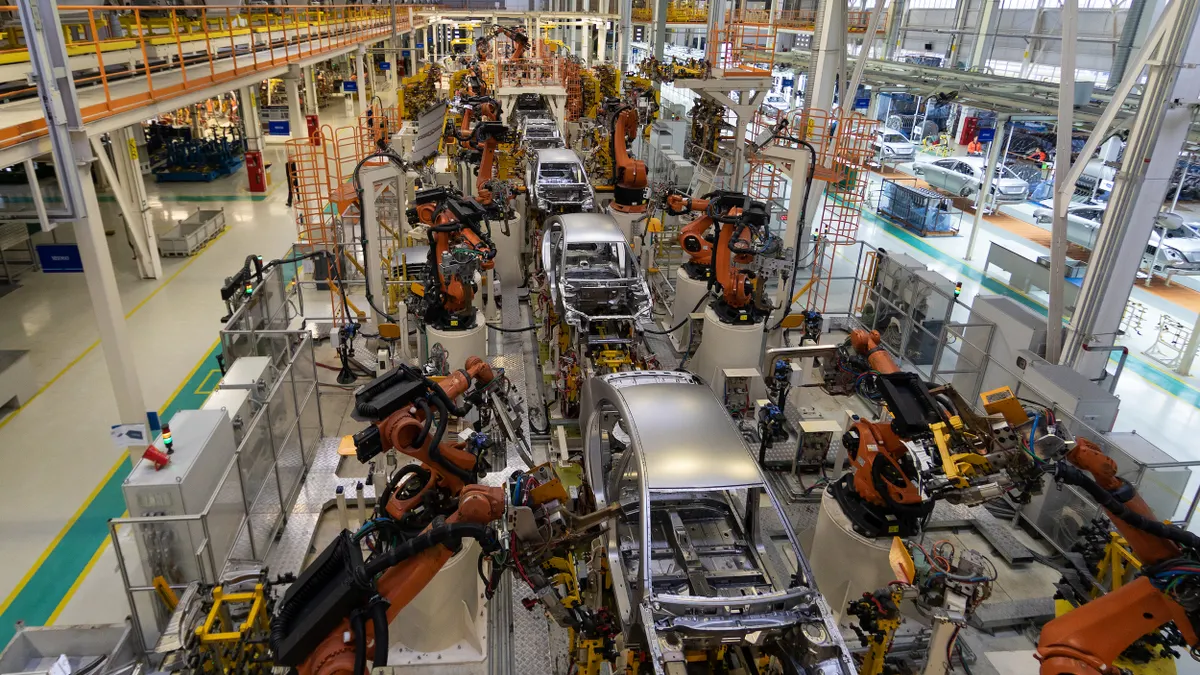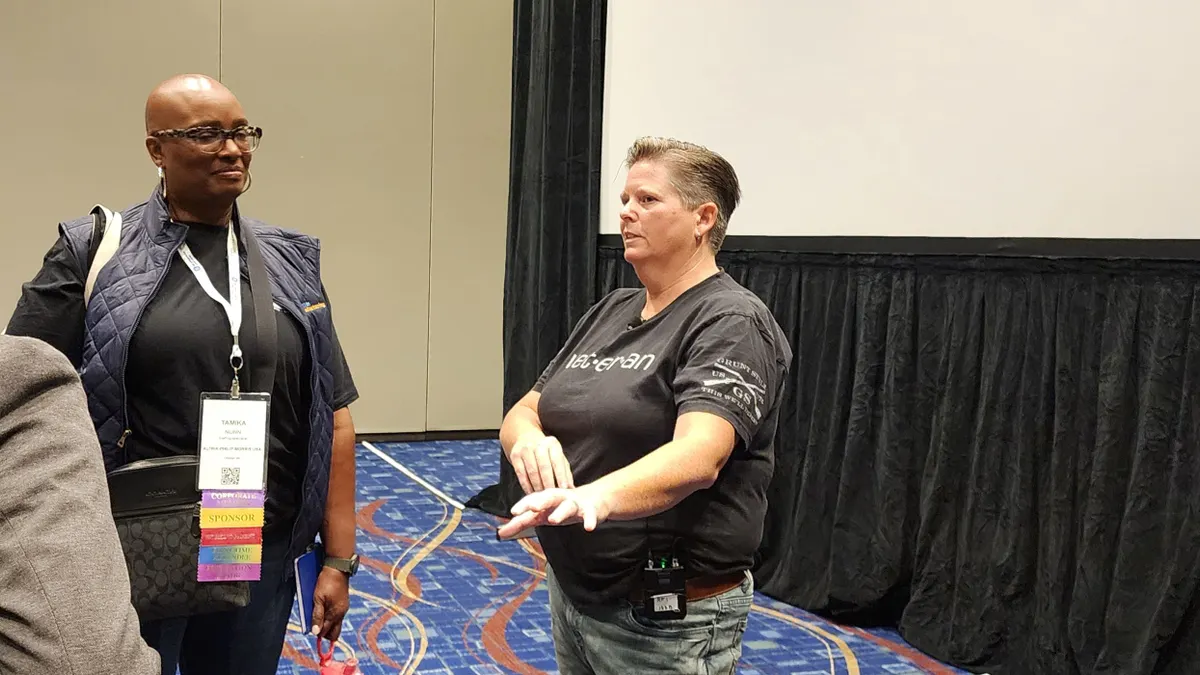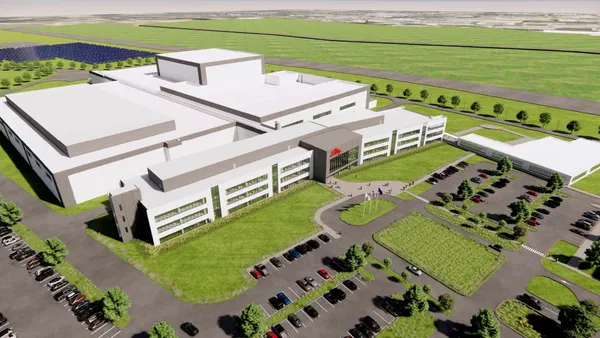UPDATE: Dec. 19, 2025: The Federal Trade Commission on Dec. 18 approved Nvidia’s transaction with Intel, allowing the companies to advance their partnership to develop and manufacture custom chips for data centers and personal computers.
As part of the agreement, Nvidia said it will invest $5 billion in Intel’s stock, joining the U.S. government and Softbank as recent investors in the company.
Sept. 19: Silicon Valley giants Nvidia and Intel are collaborating to develop and manufacture multiple generations of custom chips for data centers and personal computers, the companies said Thursday.
They will leverage Nvidia’s NVLink interconnect technology used for artificial intelligence and advanced computing, along with Intel’s central processing units and x86 processors, to make one-of-a-kind products for consumer, enterprise and hyperscale markets, according to a news release.
Computing has fundamentally changed, and “the era of accelerated and AI computing has arrived,” Nvidia founder and CEO Jensen Huang said on a call Thursday following the announcement. “Today, we're taking the next great step,” he said.
As part of the partnership, Intel will build custom x86 CPUs for Nvidia’s data center customers and custom x86 system-on-chips for Nvidia’s personal computing customers.
Additionally, Nvidia has agreed to invest $5 billion in Intel’s stock, joining the U.S. government and Softbank as recent investors in the company. The investment is subject to customary closing conditions and regulatory approvals.
“This is a big partnership, and we think it's going to be fantastic for Intel,” Huang said. “It's going to be fantastic for us. And we're building revolutionary products that's going to address some $50 billion annual market.”
Huang denied claims that Nvidia’s partnership with Intel was in response to recent regulatory crackdowns by China or is part of a broader investment coordination with the U.S. government and other entities. Beijing has prohibited major tech companies from buying Nvidia’s AI chips, the Financial Times first reported earlier this week.
“The Trump administration had no involvement in this partnership at all,” Huang said on the call. Nvidia and Intel have been quietly working together on product development for nearly a year, he added, with a focus on custom computer processing units for servers and personal computers.
Intel CEO Lip-Bu Tan called it a “game-changing opportunity” to work with long-time friend and colleague Huang on Nvidia’s products.
Manufacturing details were sparse on the call amid uncertainty around Intel’s 14a process. Intel disclosed to investors over the summer that it could potentially outsource 14a manufacturing to Taiwan Semiconductor Manufacturing Co. and other fabricators if there wasn’t enough demand for its next-generation chips.
Tan said he and Huang will review at a later date whether Nvidia can use Intel someday as a foundry partner. Nvidia and Intel are both customers of TSMC, which the executives touted for its large manufacturing capacity and capabilities. However, Intel still makes a majority of its products in-house. The executives also didn’t say whether the chips would be made in the U.S.
“I think later on we can describe more,” Tan said. “But I think right now, we are focused on the collaboration.”














